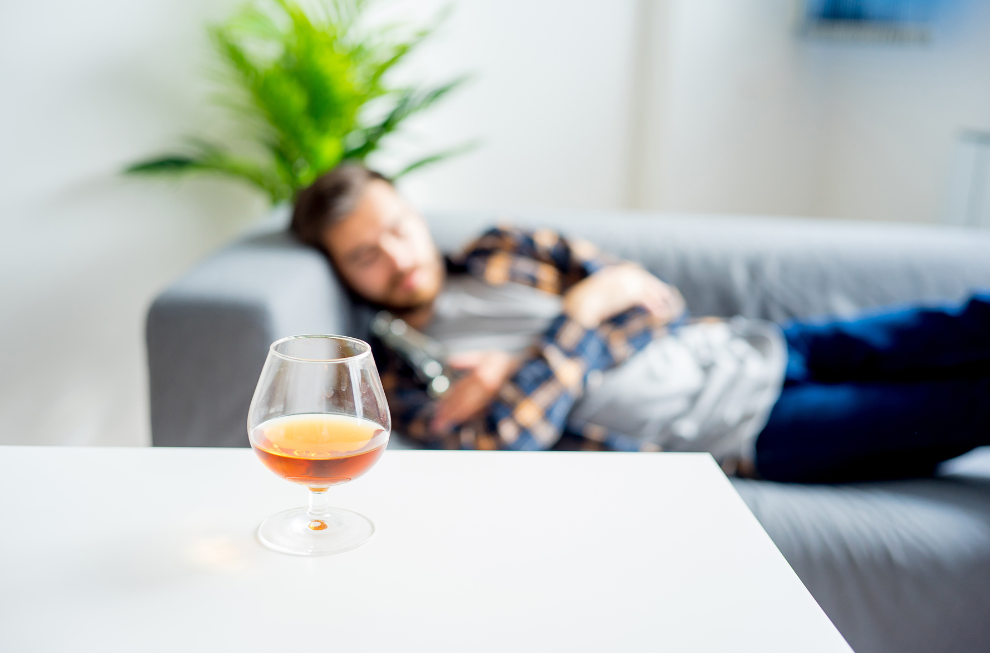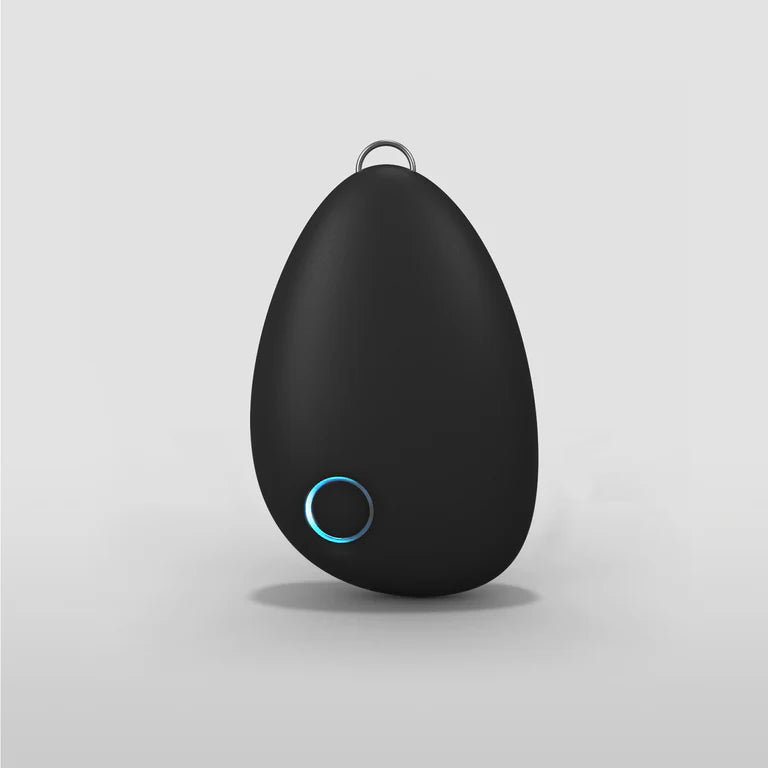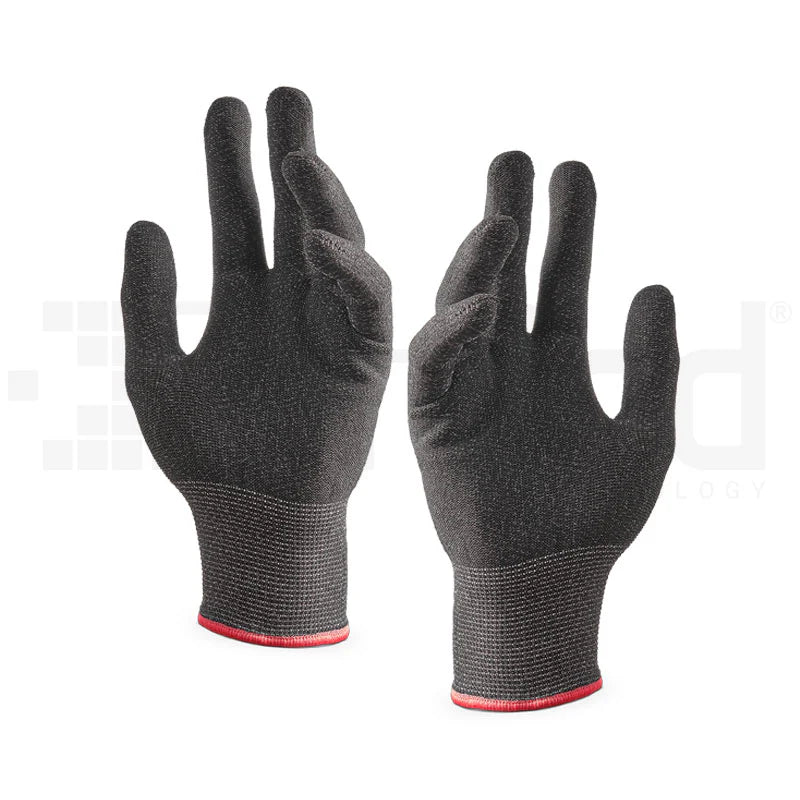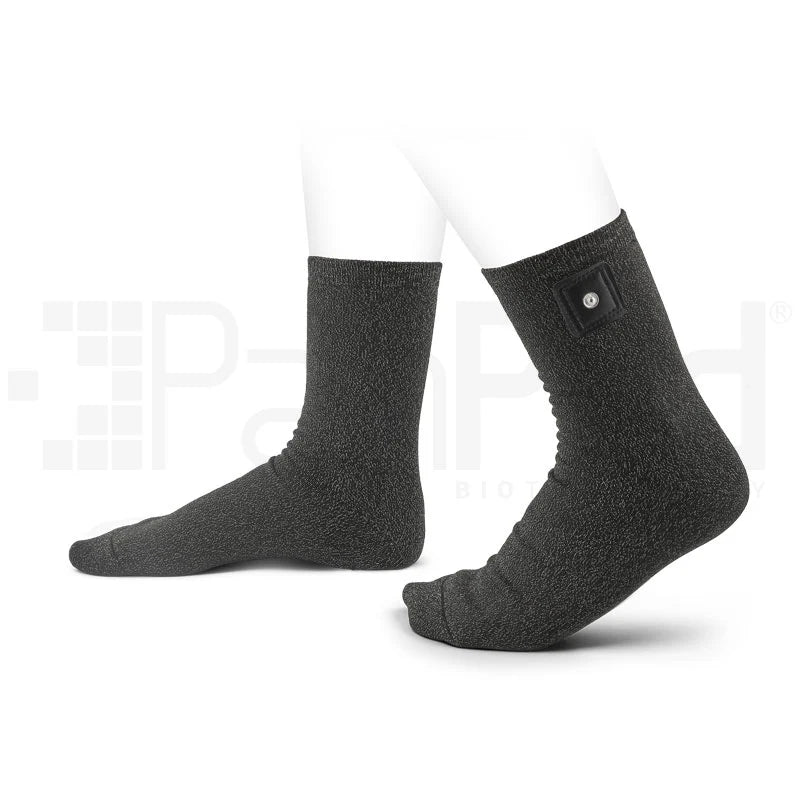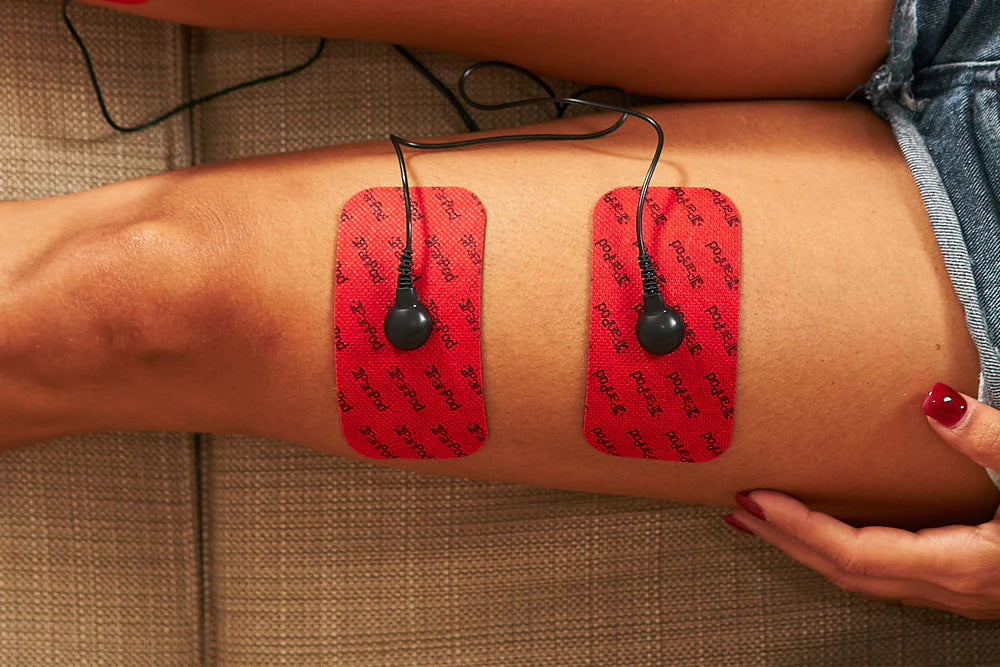Despite its importance, many people struggle to get sufficient, high-quality sleep. Two common culprits that disrupt sleep patterns are caffeine and alcohol. Understanding how these substances affect sleep can help you make better choices.

How Exercise Can Help You Sleep Better
Getting good sleep is very important for your health.
Sleep helps you think clearly, feel happy, and keep your body strong. But many people have trouble sleeping well.
One of the best ways to sleep better is to exercise regularly. Studies show that exercise can help you sleep longer, sleep more deeply, and even reduce sleep problems like insomnia and sleep apnea.
Here’s how exercise can help:
-
Exercise Helps You Sleep Longer
People who exercise often sleep longer than people who don’t. Research shows that activities like walking, running, or cycling can help you get more sleep (Kredlow et al., 2015).
-
Exercise Helps You Stay Asleep
Sleep efficiency means how much time you spend actually sleeping while in bed. People who are active fall asleep faster and wake up less during the night. A study found that moderate or hard exercise helps people sleep better and stay asleep (Reid et al., 2010).
-
Exercise Can Help With Insomnia
Insomnia makes it hard to fall asleep, stay asleep, or wake up too early. Exercise can help reduce these problems. In one study, middle-aged and older adults who did moderate exercise for 16 weeks slept better and fell asleep faster (Reid et al., 2010).
-
Exercise Helps Your Body Clock
Your body has a natural clock called the circadian rhythm. It tells you when to be awake and when to sleep. Exercise can help reset your body clock, making it easier to fall asleep and wake up at the right times. Exercising in the morning or afternoon can help people sleep and wake earlier (Baehr et al., 2003).
-
Exercise Can Help With Sleep Apnea
Sleep apnea is when breathing stops and starts during sleep. Exercise can make it less serious. A study showed that moderate exercise improved breathing during sleep and overall fitness (Awad et al., 2012).
Why Exercise Helps You Sleep:
Exercise increases adenosine, a chemical in your brain that makes you sleepy.
It lowers stress and anxiety by releasing “feel-good” chemicals called endorphins.
Tips for Better Sleep With Exercise:
- Try to do at least 150 minutes of moderate exercise or 75 minutes of hard exercise each week (WHO, 2020)
- Good choices are walking, cycling, swimming, or yoga.
- Avoid hard exercise right before bed because it can make it harder to fall asleep.
Regular exercise is a simple way to sleep better. It helps you sleep longer, stay asleep, and reduce sleep problems like insomnia and sleep apnea. Adding exercise to your routine can help you feel healthier and sleep better.
References
- Kredlow, M. A., et al. (2015). Sleep Medicine Reviews, 18(4), 454-464.
- Reid, K. J., et al. (2010). Sleep Medicine, 11(9), 934-940.
- Baehr, E. K., et al. (2003). Journal of Physiology, 538(Pt 2), 563-571.
- Awad, K. M., et al. (2012). American Journal of Respiratory and Critical Care Medicine, 185(5), 563-568.
While many factors contribute to sleep quality, recent research has highlighted the potential benefits of omega-3 fish oils. These essential fatty acids play a significant role in various bodily functions, including sleep regulation.
Read More
Related Products
- Regular Price
- $421.52
- Sale Price
- $421.52
- Regular Price
-
$479.00
- Unit Price
- per
